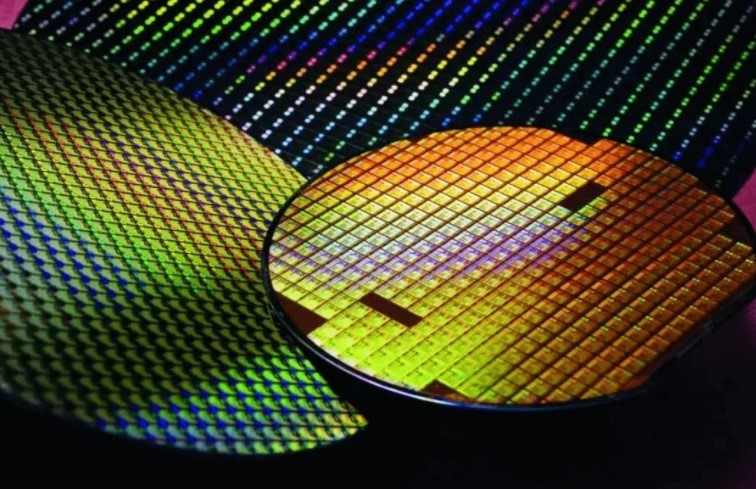Intel's new fab Fab 38 project in Kiryat Gat, Israel, is a key part of its global expansion strategy. The Israeli government has strongly supported the $25 billion investment by providing subsidies of up to $3.2 billion to facilitate this major investment. This is not only a shot in the arm for the Israeli economy, but also a long-term commitment by Intel to maintain its competitiveness in the global semiconductor industry.
The construction process has been suspended
Although Intel has high hopes for the Fab 38 project, the recent delay in the construction process has attracted widespread attention from the industry. While the exact reason for this is unknown, this pause may be related to factors such as the global economic environment, changes in market demand, or supply chain issues. Intel had expected the factory to come online in 2028, but it is unclear whether this timeline will be affected.

Pictured: Construction of Intel's new fab in Israel has been stalled
Specific impact on the industrial chain
The suspension of the Fab 38 project could have a knock-on effect on the semiconductor industry chain in Israel and around the world. The Israeli government has said that the investment will directly generate higher financial benefits for Israel than state subsidies and create thousands of jobs. In addition, Intel has committed to purchasing goods and services worth about 116.128 billion yuan from Israeli suppliers over the next decade, which will further promote the development of local supply chains.
Intel's strategic considerations
Intel's choice to expand its factory in Israel is based on the country's leading technology and innovation capabilities in the semiconductor industry, as well as high-quality human resources and a favorable business environment. The move is part of a broader strategy to diversify and regain technological leadership in Intel's chip manufacturing, aiming to meet the challenges of competitors such as AMD, Nvidia and Samsung.
Conclusions and prospects
Despite the delay in the construction process, Intel's long-term investment plan for the Fab 38 project remains unchanged, demonstrating the company's confidence in the success of the project. Intel has already made a breakthrough in the 2nm chip process and plans to start mass production in 2025, demonstrating the company's forward-looking investment in technology and grasping future market opportunities. The acceleration of global digital transformation has brought huge market demand and development opportunities to the semiconductor industry, and we expect Intel to overcome the current challenges, continue to promote the construction of the Fab 38 project, and contribute to the innovation and development of the global semiconductor industry."






